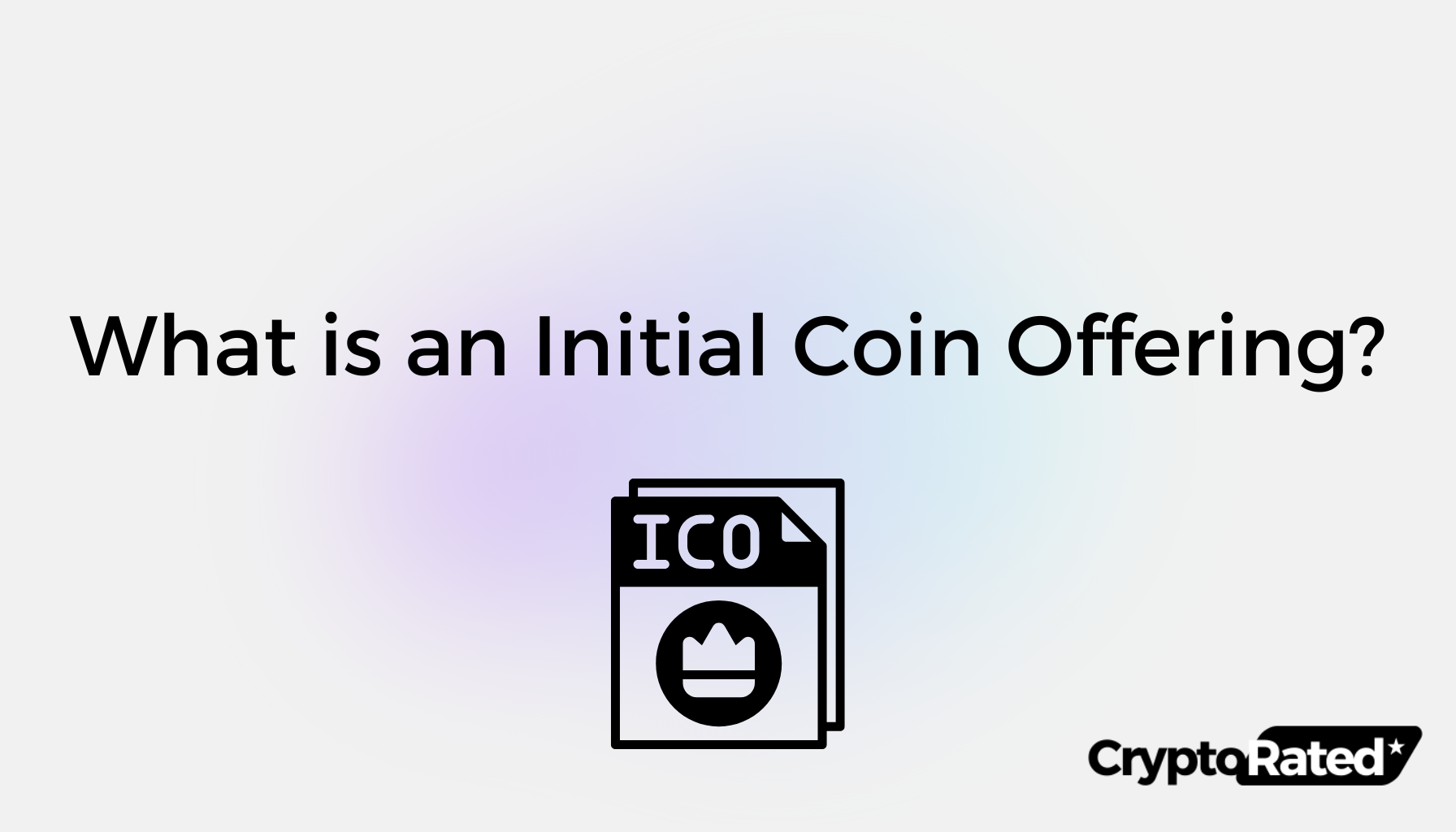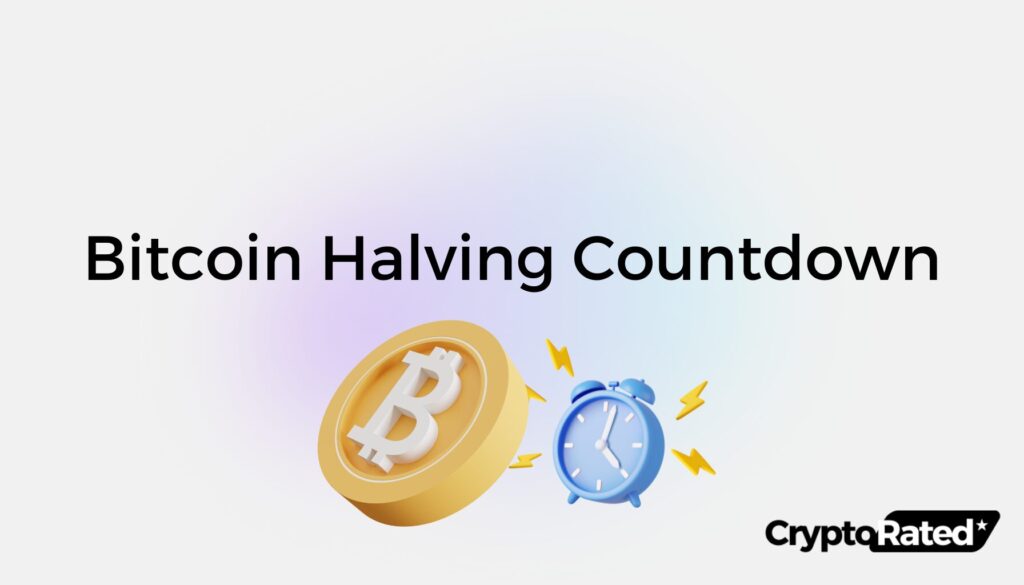
What Is an Initial Coin Offering (ICO)?
An Initial Coin Offering (ICO) is a fundraising mechanism used by cryptocurrency startups to raise funds for new products, services, or coins. ICOs are similar to Initial Public Offerings (IPOs), but instead of selling shares in a company, they offer new cryptocurrency tokens to investors. These tokens may offer some utility related to the product or service that the company is offering or represent a stake in the company or project.
Key Takeaways
- ICOs are a popular way to raise funds for products and services usually related to cryptocurrency.
- ICOs are similar to IPOs, but coins issued in an ICO also can have utility for a software service or product.
- To participate in an ICO, investors usually need to purchase a more established digital currency, such as Bitcoin or Ethereum, and have a basic understanding of cryptocurrency wallets and exchanges.
- ICOs have seen a decline over the past few years due to a series of scams and increasing regulatory scrutiny.
How Do ICOs Work?
ICOs have become a popular way for web3 startups to raise funds quickly without the need for regulatory approval or intermediaries. However, the lack of regulation has also made them a hotbed for scams and fraudulent activities. As such, investors must exercise caution and perform thorough research before investing in any ICO.
In general, participating in an ICO involves purchasing a more established digital currency, such as Bitcoin or Ethereum, and then using that currency to purchase the ICO’s tokens. Investors must also have a basic understanding of cryptocurrency wallets and exchanges to participate.
While some ICOs have yielded high returns for investors, the majority have either performed poorly or turned out to be fraudulent. As such, investors must exercise caution and perform thorough due diligence before investing in any ICO.
What Are The Risks Associated with ICOs?
ICO hype is a real phenomenon that can lead to investors making poor decisions. ICOs generate a substantial amount of hype, and numerous sites online exist where investors gather to discuss new opportunities. Celebrities with an established presence have also encouraged their followers or fans to invest in a hot new ICO.
However, the SEC has released a warning to investors stating that it is illegal for celebrities to use social media to endorse ICOs without disclosing what compensation they received1.
Floyd Mayweather Jr. and music mogul DJ Khaled once promoted Centra Tech, an ICO that raised $30 million at the end of 20172. Centra Tech was ultimately deemed a scam in court, resulting in the two celebrities settling charges with U.S. regulators, plus three Centra Tech founders pleading guilty to ICO fraud.
To avoid getting caught up in the hype, investors seeking to participate in ICOs should familiarize themselves with cryptocurrency and understand everything about an ICO before participating. Because ICOs are barely regulated, prospective investors should exercise extreme caution when investing.
Investors should also be wary of ICOs that make unrealistic promises or use misleading marketing tactics. Successful ICOs typically have straightforward, understandable white papers with clear, concise goals. Investors should look for transparency and expect 100% transparency from a company launching an ICO.
How Much Money Have The Most Successful ICOs Raised?
The Initial Coin Offering (ICO) craze of 2017 saw a surge of new cryptocurrency projects raising massive amounts of capital from enthusiastic investors. Since then, regulators have forced ICOs to exercise far more caution, and the size of ICOs has generally seen a decline.
Here are three examples of the biggest ICOs in history:
- EOS: EOS raised over $4 billion in 2017, aiming to create a decentralized operating system for decentralized applications3.
- Tezos: Tezos raised over $2.3 billion in 2017, proposing a self-amending blockchain protocol to address potential flaws and bugs.
- Filecoin: Filecoin raised over $257 million in 2017, aiming to create a decentralized storage network that rewards users for storing data.
What Is The Difference between Initial Coin Offerings (ICOs) and Initial Public Offerings (IPOs)?
Initial Public Offering (IPO) and Initial Coin Offering (ICO) are both methods of raising capital for companies. IPOs involve the sale of shares of a company’s stock to investors, while ICOs involve the sale of digital tokens or coins to investors. They have a surprising number of differences, as the table below shows.
| Feature | Initial Coin Offering (ICO) | Initial Public Offering (IPO) |
|---|---|---|
| Funding Mechanism | Blockchain-based projects raise funds by selling their native cryptocurrency tokens to investors. | Companies raise funds by selling ownership stakes in the form of shares to investors. |
| Type of Asset | Investors receive cryptocurrency tokens that represent ownership in the project. | Investors receive shares that represent ownership in the company. |
| Regulation | ICOs are largely unregulated, with varying levels of compliance across different jurisdictions. | IPOs are highly regulated by financial authorities. |
| Liquidity | ICO tokens may have limited liquidity, making it difficult to sell them for fiat currency. | IPO shares are listed on regulated exchanges, providing greater liquidity. |
| Risks | ICOs are considered high-risk investments due to the lack of regulation and the potential for scams. | IPOs are also considered high-risk investments, but they may offer more transparency and a track record of the company’s performance. |
| Target Investors | ICOs typically target retail investors and early-stage technology enthusiasts. | IPOs target institutional investors and high-net-worth individuals. |
What Are The Positives and Negatives of ICOs for Investors?
Initial Coin Offerings (ICOs) have become a popular way for companies to raise funds for their projects. The process of generating cryptocurrency tokens and distributing them to investors is relatively easy, and the potential for high returns attracts early investors. However, ICOs are not without their drawbacks.
Positives of ICOs for Investors
- Potential for High Returns: ICOs can offer the potential for high returns, as early investors in successful projects can see their tokens appreciate significantly in value.
- Early Access to Innovative Projects: ICOs provide investors with the opportunity to gain early access to promising blockchain-based projects before they become widely adopted.
- Decentralized Fundraising: ICOs allow startups to bypass traditional venture capital funding and gain exposure to a wider pool of investors, potentially democratizing access to funding opportunities.
Negatives of ICOs for Investors
- High Risk of Scams: The lack of regulation in the ICO space has made it attractive for scammers to launch fraudulent projects, posing significant risks to investors.
- Limited Liquidity: ICO tokens may have limited liquidity, making it difficult to sell them for fiat currency or other cryptocurrencies, especially after the hype surrounding the ICO has subsided.
- Uncertainty in Project Success: The success of ICO-funded projects is largely uncertain, as many projects face challenges in development, adoption, and market competition.
What Are Three of the Biggest ICOs of 2023?
Although the number of ICOs has declined4 due to regulatory scrutiny and a series of high-profile scams 2023 saw several projects raise tens of million dollars through ICOs. Here are three examples:
- Meta Masters Guild (MEMAG): Meta Masters Guild is a play-to-earn (P2E) gaming platform that allows users to collect, train, and battle NFT-based characters in a virtual world. The MEMAG ICO raised approximately $25 million in 20235.
- Fight Out (FGHT): Fight Out is a move-to-earn (M2E) fitness app that rewards users with cryptocurrency tokens for exercising. The FGHT ICO raised approximately $6 million in 20236.
- C+Charge (CCHG): C+Charge is a blockchain-based solution for electric vehicle (EV) charging infrastructure. The CCHG ICO raised approximately $12 million in 20237.

Final Thoughts on ICOs
ICOs are a crucial system for raising capital that mirrors the concept of IPOs. In 2017, a series of enormous ICOs caught the attention of investors worldwide, and then the scams that followed led to severe regulatory scrutiny.
The era of $100 million ICOs appears in the past, but the ICO market is far from dead. Smaller projects that have taken the time to ensure regulatory compliance have continued to raise funds to build their projects and reward early adopters. However, anyone who has been in the crypto space for a few years knows that ICOs are extremely risky and a tremendous amount of research should be carried out before handing over any capital.
Frequently Asked Questions
What Is An Initial Coin Offering?
An initial coin offering (ICO) is a fundraising method for blockchain-based projects to raise capital in exchange for cryptocurrency tokens. It is similar to an IPO (Initial Public Offering) in the traditional financial world. ICOs allow startups to bypass traditional venture capital funding and gain exposure to a wider pool of investors.
What Happens to ICO Funds?
If the money raised in an ICO is less than the minimum amount required by the ICO’s criteria, the funds may be returned to the project’s investors, and the ICO would then be deemed unsuccessful. However, if the funding requirements are met within the specified period, the money raised is spent by the team behind the project.
Who Can Launch an ICO?
Anyone can launch an ICO. However, this lack of regulation also means that someone might do whatever it takes to make you believe they have a legitimate ICO and abscond with the money. Of all the possible funding avenues, an ICO is probably one of the easiest to set up as a scam.
Are Initial Coin Offerings (ICOs) Legal?
ICOs are generally legal, but it is important to ensure that the project and coin pass the Howey Test used by the U.S. Securities and Exchange Commission (SEC) to determine if an offering is an investment instrument. If the ICO fails the Howey Test, it may be considered illegal.
WRITTEN
Peter Barker
Peter is an experienced crypto content writer and a DeFi enthusiast with more than 3+ years of experience in the space. Previously a journalist and news editor at a leading European news sourcing agency.




